Deepanker and I walked around the property and settled on an area next to the naturalists’ housing block, separated from the main lodge by a few trees.
We figured this area, next to people, would make our organic vegetable garden less desirable to the many creatures that may want to feast on its crops – our biggest concern being the langurs.
In June 2017, we cleared the invasive lantana plants that covered the area, and planted moong to regenerate the soil (even though this was eaten up before we could get our fence in place), the space was in great shape when I came back in October, and ready to be planted.
We created different zones in the garden – for sun and shade lovers / short duration and long duration / wet and dry plants. The garden was designed to showcase a range of possibilities, growing a variety of fruits, herbs and vegetables in a humble 1/5 acre (approximately 1000 sqm).
The Forsyth lodge is surrounded by wheat and rice fields, and a handful of home kitchen gardens with tulsi, lemongrass, a few seasonal vegetables and one or two papaya and drumstick trees. For the most part, the lodge has to source all their produce from the main town, over 20km away. We wanted to see if we could change that, and start sourcing more locally (switching over to mostly organic produce too). First, we would need to test and prove what was possible, and then we could reach out to our neighbours to see who would be interested in growing for us.
Our goals for the first season were: productivity; experimentation and education.
The larger vision of this entire initiative is to support the area farmers to transition to organic farming, building more resilient and sustainable systems and better – safer farming practices. At present, the farmers will grow their own food using mostly organic methods, but when it comes to commercial farming they are inclined to use harmful chemicals and tend to grow only a few crops every year. We are hoping to provide an alternate model, where the farmers can grow more valuable, organic vegetables and herbs that can be sold to the hotels and lodges in the area. Additionally, the project aims to communicate the personal health benefits of eating a diverse diet and reducing the dependence on chemical fertilisers, pesticides and fungicides.
In our first growing season we have been pleasantly surprised with the range of produce we could grow. With our surplus greens we came up with a new dish, our “Jungle Chaat”, a nutrient-rich and vegetable packed version of bhel puri. We introduced this meal to teachers at the local school, and served in to the students twice. Since the response was overwhelmingly positive from the kids, we’ve decided to regularly supply the dish, supplementing their regular school lunch.
In my last month before the Lodge closed for the season, we invited a group of neighbouring farmers to see our garden, and discuss working together next season. Three farmers, Mangilal, Tillu and Master Jii decided they would like to try growing a range of vegetables organically on their farm plots. We visited the farms, and demarcated the best areas to get started.
Will have an update on their progress in early 2019!

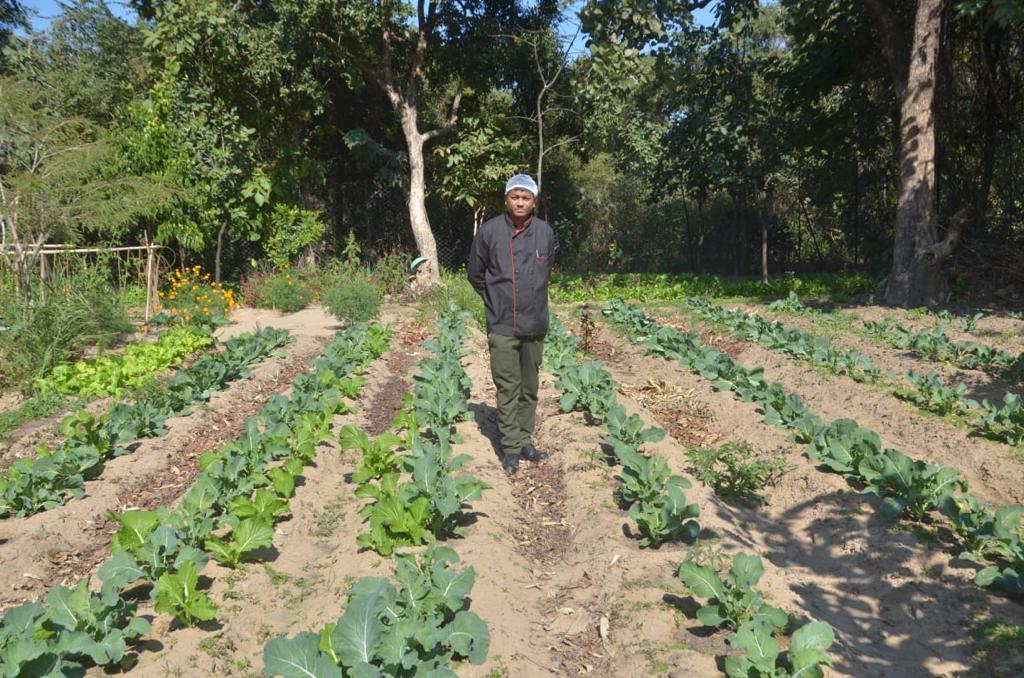
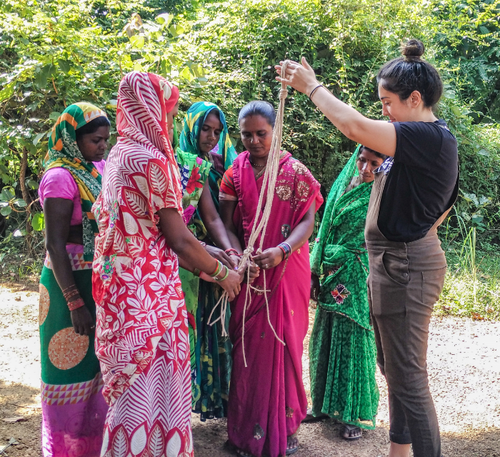


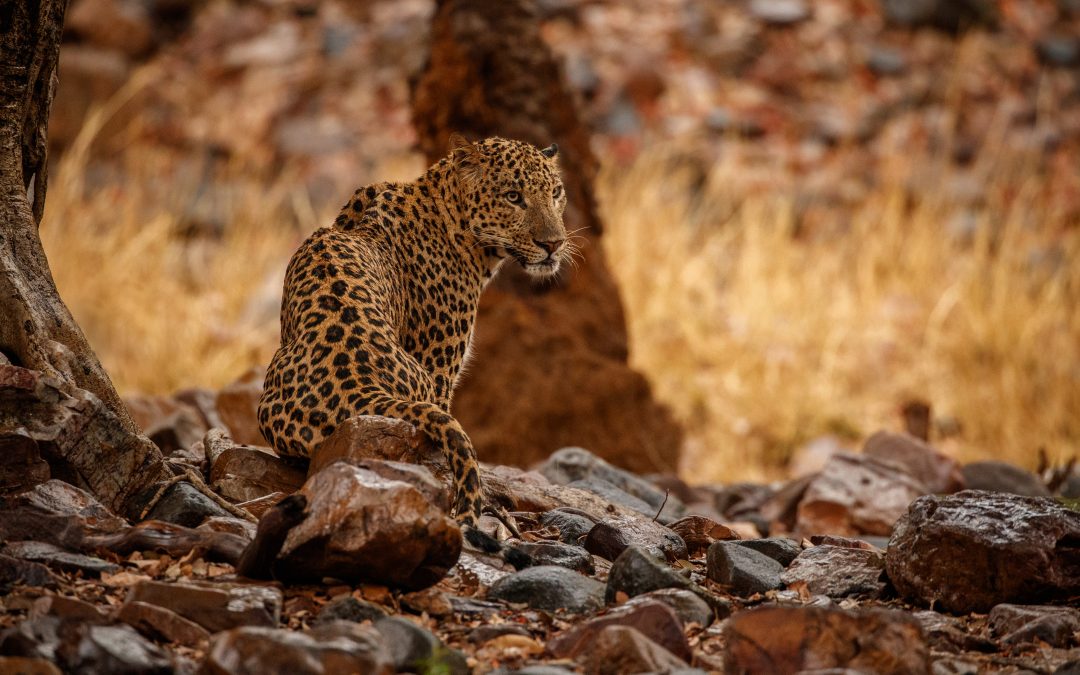
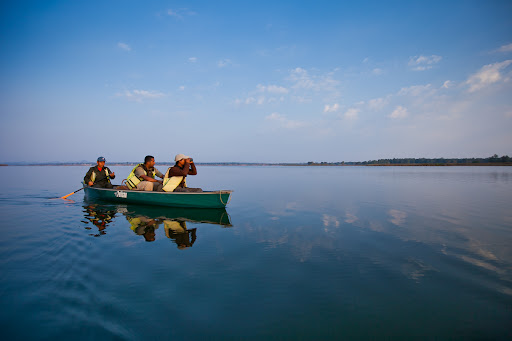


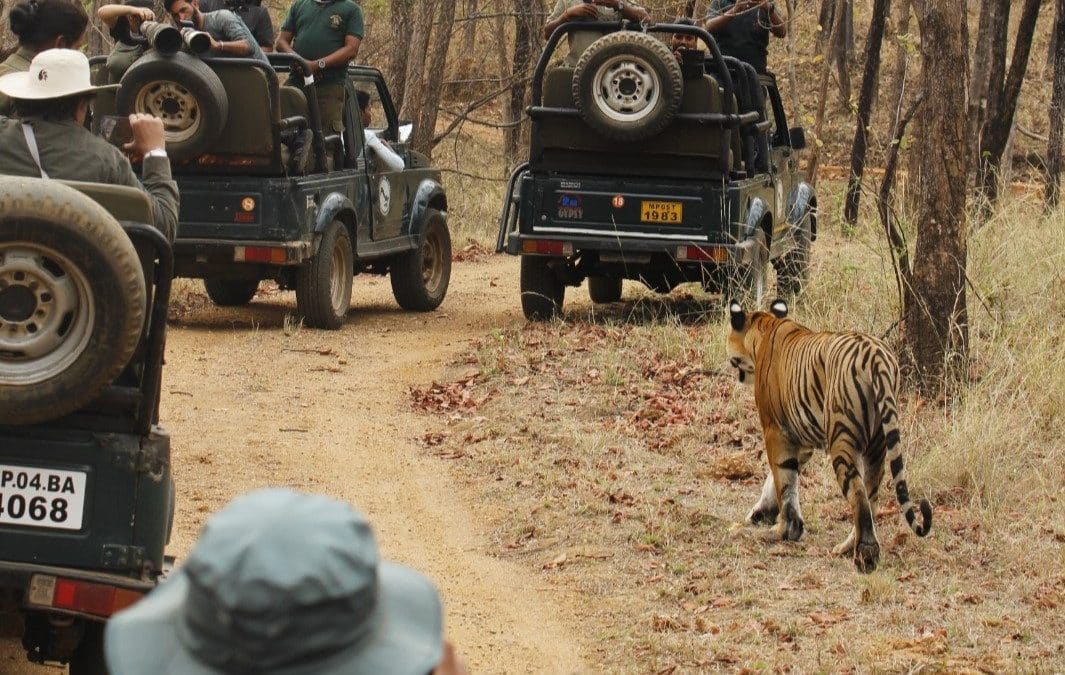
Recent Comments